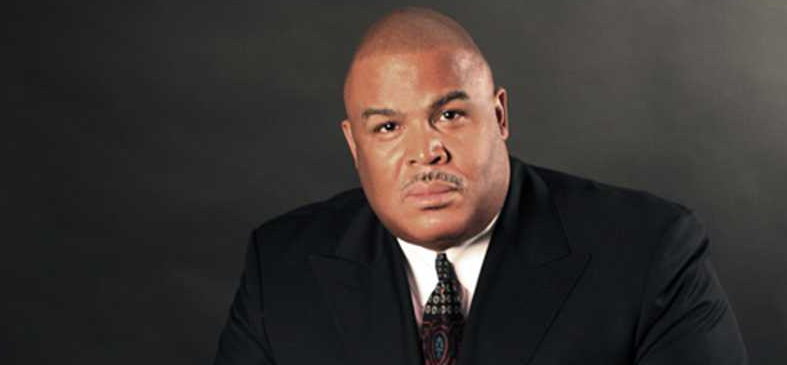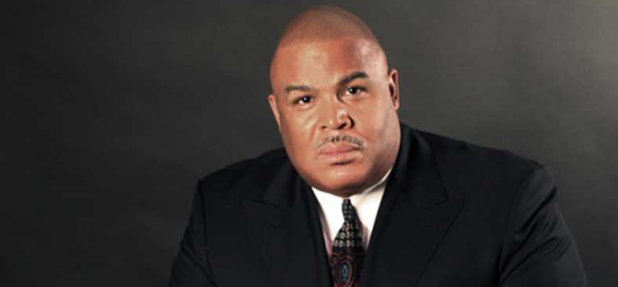Stuff Black People Don’t Like
April 20, 2016
Reverend Dr. Wayne L. Moore
Blacks hold white America hostage.
Had Martin Luther King not been shot, he’d have led the Poor People’s Campaign that protested the launch of Apollo 11 on July 16, 1969 instead of Ralph Abernathy. The blacks protested white America’s reaching for the stars, because they felt money spent on space exploration would have been better spent enabling black people in the USA to live cradle to grave on the public dole.
And we know whose vision for the future of America won out.
Today, we live in a nation where black clergy can demand concessions be made to black criminals, or because daring to uphold the law is “demeaning” to people of color. [Indy pastors call for body cams, new policies after police shootings, Indy Star, April 18, 2016]:
A group of Indianapolis pastors on Monday called for a series of reforms they say would improve police-community relations in the wake of two recent officer-involved shootings.
The pastors announced their recommendations, which included implicit bias training, body-worn cameras for all patrol officers and a new policy for the release of video footage, during a press conference at Olivet Missionary Baptist Church, 4141 N. High School Road.
“They’re not bullet points to be negative toward any administration,” Pastor Wayne Moore said. “It’s just something that needs to be done to make our community a better place.”
The pastors, who came together from numerous faith-based groups and ministers’ alliances to form the Interdenominational Presidents Commission, rattled off a number of proposals:
- The development of a policy for the release of video and audio captured during officer-involved shootings. The policy would urge officials to release video “expeditiously” to the public to mitigate speculation about what happened during a shooting.
- A push for body-worn cameras on all Indianapolis patrol officers.
- The implementation of new implicit bias training for police officers.
- The creation of a police accountability task force that would examine shootings and other incidents, and would solicit input from the community.
- The creation of an “acceptable definition of transparency” agreed upon by both the Indianapolis Metropolitan Police Department and community leadership.
- Discontinuing the release of criminal histories and mug shots of people killed in officer-involved shootings, which the pastors think creates an unfair bias against those people.
Monday’s event comes in response to recent officer-involved shootings in the city, including the fatal shooting of 44-year-old Kevin Hicks earlier this month. Hicks, who was unarmed, was shot by IMPD officer Robert Carmichael during a physical fight at the Marathon gas station at East 10th and North Rural streets. Witnesses told police Hicks may have reached for Carmichael’s gun during the tussle.
While the officer was not wearing a body camera, surveillance video from the gas station captured some of the fight, but not the shooting.
The pastors were originally scheduled to talk about officer-involved shootings last week. That event was delayed after Marion County Prosecutor Terry Curry met with the media to announce that he would not release that video before the investigation was completed, citing a “responsibility” to protect the integrity of the case.
The Rev. Charles Harrison, of the faith-based, anti-crime group the Ten Point Coalition, however, said the city should look at policies that would compel the release of such video evidence sooner.
Withholding footage, he said, “leads to a lot of speculation in the community about what really happened, which creates a climate on the streets that may lead to another potential conflict between police, and particularly men of color.”
Harrison also said the release of video would temper concerns from a community that isn’t inclined to take the police department’s account at face value.
“We’ll see the truth. We can handle the truth, whatever the truth is,” Harrison said. “But there’s a distrust in the African-American community when it comes to only hearing the police version of it, because there have been cases where that has not been true.”
IMPD already implements or is planning to implement some suggestions, Capt. Rick Riddle said, but there are limitations. The release of evidentiary video, for example, is not up to IMPD — that call is made by the Marion County prosecutor’s office once video is turned over as evidence.
“All of the issues they bring up, we believe that we are already doing or working on doing better,” Riddle said. “A lot of these issues that we are bound by are policies of another agency, such as the prosecutor’s office.”
Body-worn cameras are also still on the table, though the plan for implementation at IMPD is unclear. While the City-County Council approved about $250,000 last fall for an introductory camera program, Riddle said recently passed legislation that governs the length of time required for video storage has made the department reconsider how much equipment IMPD can actually buy.
Riddle also said the department already implements cultural diversity training, which includes discussion about bias.
The pastors also called on police and media to not release certain information about people killed in police shootings, like criminal histories, before the adjudication of a case.
“Our concern is the dehumanization, the demonization, the criminalization of certain aspects of the victims’ past that impacts people’s perceptions of that prior to the investigation become completed,” Harrison said, “and that’s what’s so troubling to the black community.”
Indianapolis in 2016 will be the city where a seemingly insignificant encounter between white police officers and black criminals sets off dominoes that could (key word: “could”) forever alter the landscape of our nation.
These type of stories showcase how white people are prisoners in America to a terrifying cult, and yet, it powerfully illustrates how we can break free for good: publicly admitting black inferiority – and that white people aren’t to blame for it – is literally the panacea to the terror of the civilization nullifying force of equality.
It cuts to the very root that helped flower this evil ideology.

